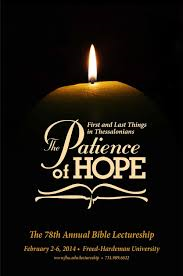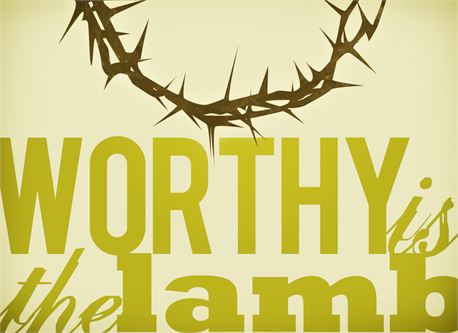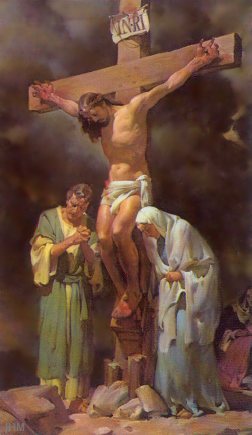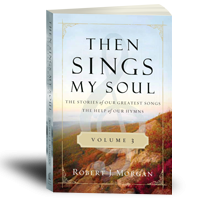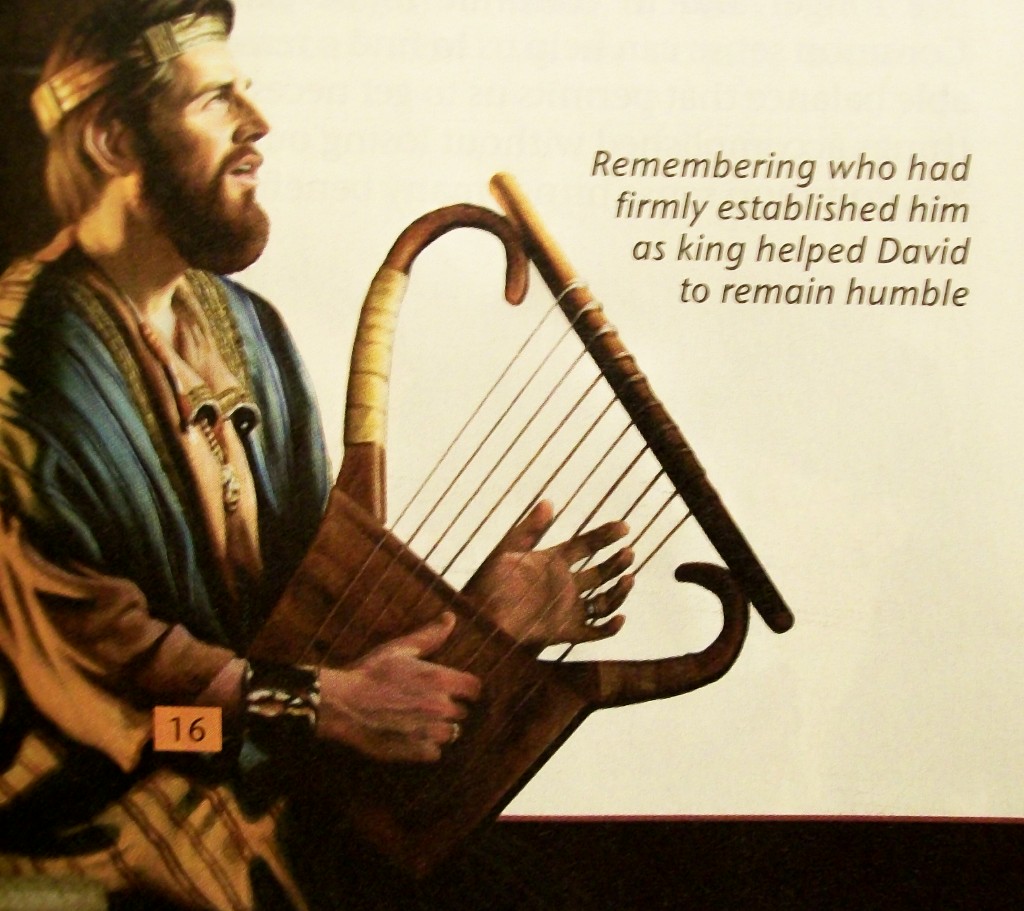According to the scriptures, if someone sins against me I should forgive him 490 times! At least as a kid that’s what I thought when I read the words of Jesus in Matthew chapter 18. Peter asked Him, “…how often shall my brother sin against me and I forgive him? Up to 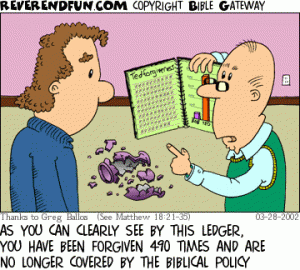 seven times? But Jesus said to him, “I do not say to you seven times, but up to seventy times seven (70×7=490).”
seven times? But Jesus said to him, “I do not say to you seven times, but up to seventy times seven (70×7=490).”
Maybe we need to consider our motivation when it comes to forgiveness. In the Bible we recognize the number 7 as a ‘perfect’ number, so is Jesus trying to say perfection is found in forgiveness? Join us Sunday morning as we consider, “the Mystery of Forgiveness.”
“…I will sing with the spirit and I will sing with the mind also.” I Corinthians 14:15
Sunday morning, July 6, 2014
The following songs are found in the hymnal, Songs of Faith & Praise.
“Let God Arise” – 471
Taken from the words of King David (Psalm 68), we sing the text; “Let God arise, let His enemies be scattered, and let those who hate Him flee before Him.” Our God is mighty to save and this song is a great way to sing that reminder of His power and strength. Interestingly enough our second verse, “Our God arose and His enemies were scattered…” gets it’s basis from the 76th Psalm, “…the earth feared and was still when God arose to judgment…”
One of my favorite spiritual songs that is more of a call to battle then we might think. Notice verse one; “…ye Christian soldiers, rise, and press the battle…against the foe…let all our strength be hurled…” And then verse two; “…our sword the Word of God…” Verse three; “To him that overcomes the foe…we’ll vanquish all the host of night…” But this extra, less known verse; “On every hand the foe we find drawn up in dread array. Let tents of ease be left behind and onward to the fray. Salvation’s helmet on each head with truth all girt about, the earth shall tremble ‘neath our tread and echo with our shout…Faith is the Victory!” God’s people realize this is a battle against the forces of darkness. So the question comes, are you ready and willing to fight?
“If I Have Wounded Any Soul Today” – no book
This old hymn (it is indeed a prayer) dates back to the turn of the century and fits well with our lesson this morning, ‘forgiveness.’ How often do we live each day in ‘our own willful way’ not concerned about the needs of others. Perhaps the third verse strikes me the hardest; “If I have been perverse, or hard or cold, if I have longed for shelter in Thy fold, when Thou hast given me some fort to hold, Dear Lord, forgive.” It’s not just intentional sins that we need to seek His forgiveness, but also the thoughtless, careless sin in our lives.
“In Loving-Kindness” – 504
The second verse of this song captures our thoughts for the Lord’s Supper; “His brow was pierced with many a thorn, His hands by cruel nails were torn, when from my guilt and grief, forlorn (my feeling of desperation), in love He lifted me…” Let’s take this opportunity as we remember His sacrifice. Singing this verse, we will do just that.
“Nearer, My God to Thee” – 684
(The first video is a traditional arrangement, the second is from Vocal Point, both are great!) Sung between the Lord’s Supper and the Contribution, this hymn/psalm retells the story of Jacob as he flees from the wrath of his brother Esau. Using a pillow for a stone (Genesis 28:11) and dreaming of ‘a ladder reaching to heaven,’ we translate that Old Testament account to present day. (Verse two; “Tho like a wanderer, the sun gone down, darkness be over me, my rest a stone; Yet in my dreams I’d be nearer my God, to Thee…”
“Did You Think to Pray?” – 848
‘Before you left your room this morning, ‘Did you think to pray?’ It’s a simple question…As you started the morning, was God included in your waking hours? Drawing from the third verse we’ll bear in mind our theme for this morning’s lesson; “When your heart is filled with anger, did you think to pray? Did you plead for grace, my brother, that you might forgive another who has crossed your way?” Prayer…don’t leave home without it!
“Jesus Is Coming Soon” – 712
In the quiet morning hours of December 7th, 1941 thousands of lives were shattered as Pearl Harbor was bombed, and America stood at the threshold of war. It’s no wonder that within a matter of months R.E. Winsett penned the words, “Troublesome times are here, filling men’s hearts with fear, freedom we all hold dear now is at stake…” Christians, we must ‘awake,’ stand against the spiritual onslaught of the devil and humble our hearts to God. Why…because Jesus has said, “Behold! I am coming quickly…” (Revelation 22:12)
“I Need Thee Every Hour” – 837
Not your typical invitation song, but one that we must use to come to understand how helpless we are with out God. In life we strive to prove that we are self-sufficient, ‘I don’t need anything.’ Or do we? As we sing the third verse we proclaim, ‘come quickly and abide, or life is vain…‘ We do need Him if we are to make it through life, but the questions is…are we willing to go to the Savior? “O bless me now, my Savior; I come to Thee!”
“Sing to Me of Heaven” – 716
This popular spiritual song, written 100 years ago, is a call for Christians to encourage one another with the promise of heaven. As we forgive one another, we share a commonality with our Savior. “Be kind to one another, tender-hearted, forgiving each other, just as God in Christ also has forgiven you.” (Ephesians 4:32). Singing to each other about heaven will help lift the ‘burdens…that are pressing so…‘. The mystery of forgiveness is great, and reflects the glory of our Father in heaven.





